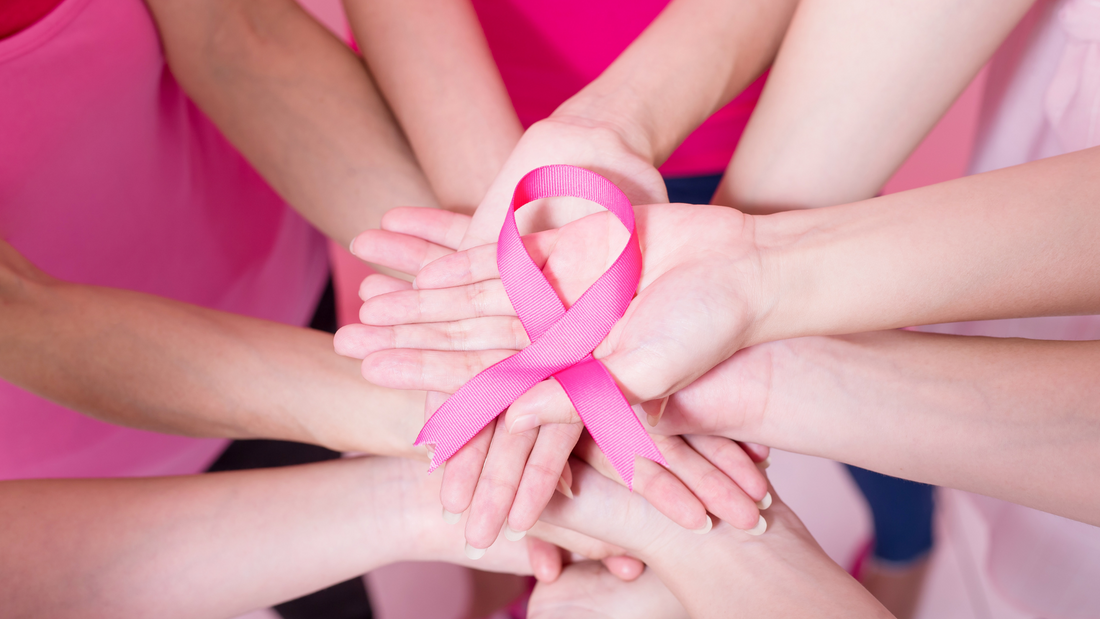
What the Health? Are our Personal Care Products Killing Us?
Share
One of the reasons I started GGA is to craft better alternatives to commercially-produced personal care products. By now we all know that most of the products on store shelves have questionable items.
Certain chemicals commonly found in personal care products have been linked to an increased risk of cancer. It's important to note that not all personal care products contain these chemicals, and the risk associated with them can vary depending on factors such as the concentration and duration of exposure. Here are some of the chemicals that have raised concerns regarding their potential carcinogenic effects:
-
Parabens: Parabens are a group of synthetic preservatives (e.g., methylparaben, propylparaben) commonly used in cosmetics and personal care products. They have been found in breast cancer tissue samples, leading to concerns about their potential to disrupt hormonal balance and contribute to breast cancer development.
-
Phthalates: Phthalates are chemicals used to enhance the flexibility and durability of plastics and are also found in many personal care products (e.g., fragrances, nail polish). Some phthalates, such as diethylhexyl phthalate (DEHP), have been classified as potential carcinogens and endocrine disruptors.
-
Formaldehyde: Formaldehyde and formaldehyde-releasing preservatives (e.g., DMDM hydantoin, quaternium-15) are used in some cosmetics and hair products. Formaldehyde is classified as a human carcinogen by the International Agency for Research on Cancer (IARC) and has been linked to cancers such as leukemia and nasopharyngeal cancer.
-
Coal Tar: Coal tar is a byproduct of coal processing and is used in some shampoos and skin products to treat conditions like psoriasis and eczema. It is classified as a known human carcinogen by the IARC and has been linked to skin cancer.
-
Ethanolamines (MEA, DEA, TEA): These compounds are used in cosmetics and personal care products as emulsifiers and pH adjusters. Some studies have suggested that prolonged exposure to ethanolamines may increase the risk of certain cancers.
-
Triclosan: Triclosan is an antimicrobial agent used in some personal care products, including antibacterial soaps and toothpaste. While it's not a direct carcinogen, concerns have been raised about its potential to disrupt hormones and contribute to antibiotic resistance.
-
Talc: Talc is a mineral used in cosmetics, such as powders and baby products. Some talc deposits may be contaminated with asbestos, a known carcinogen. The use of asbestos-contaminated talc in personal care products has been associated with an increased risk of ovarian cancer.
I encourage you to seek out products that have been certified as safe by reputable organizations or those that use natural and organic ingredients. Global Girl Apothecary is not the only small business crafting organic, natural products but I think we are the best.
Talk to you soon!

